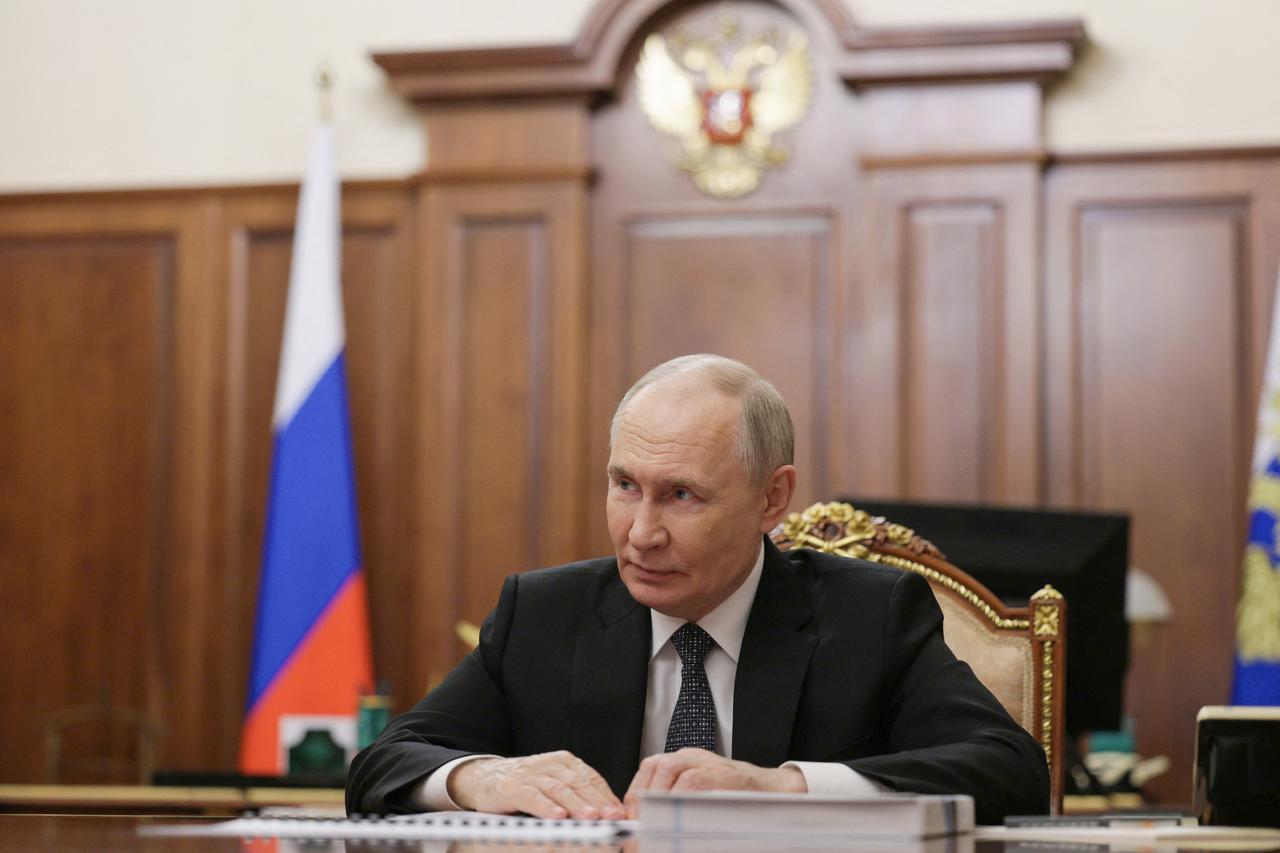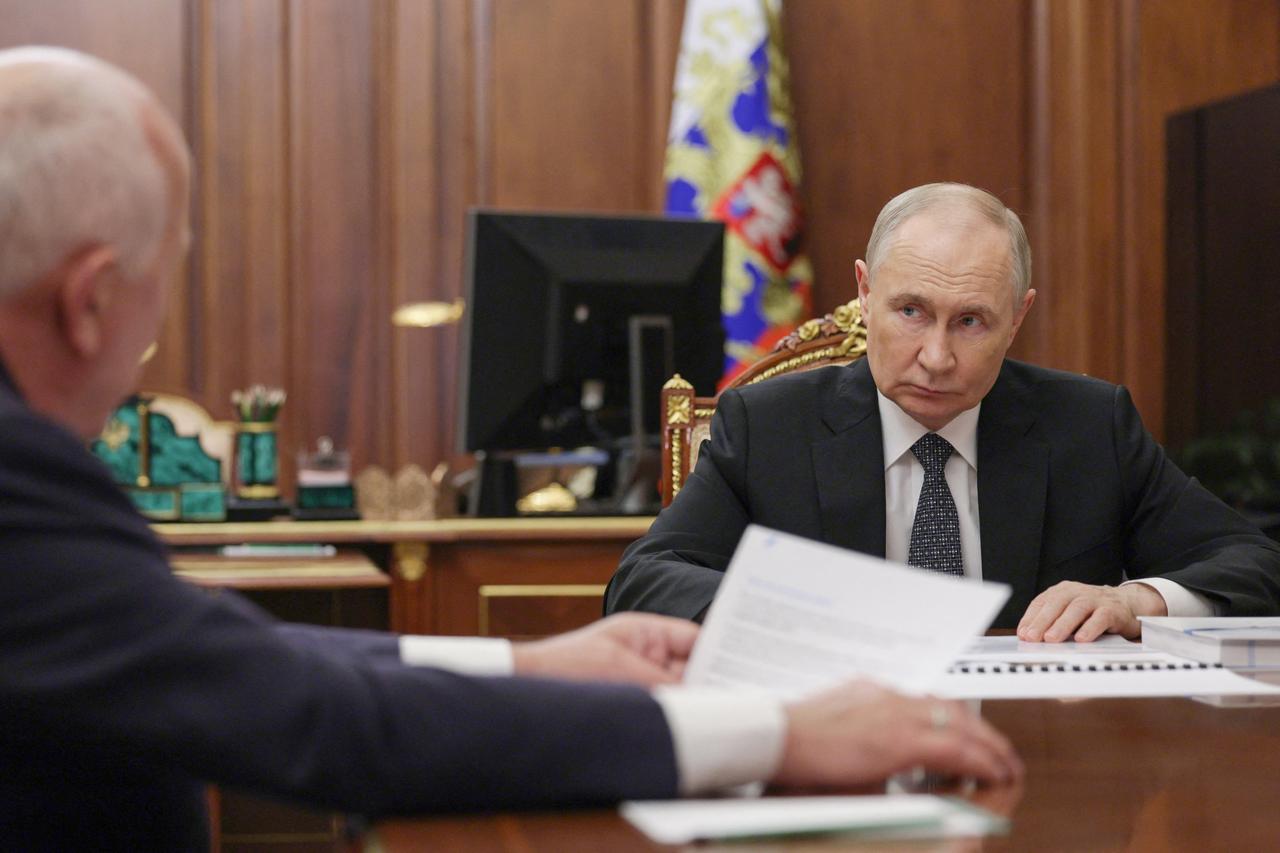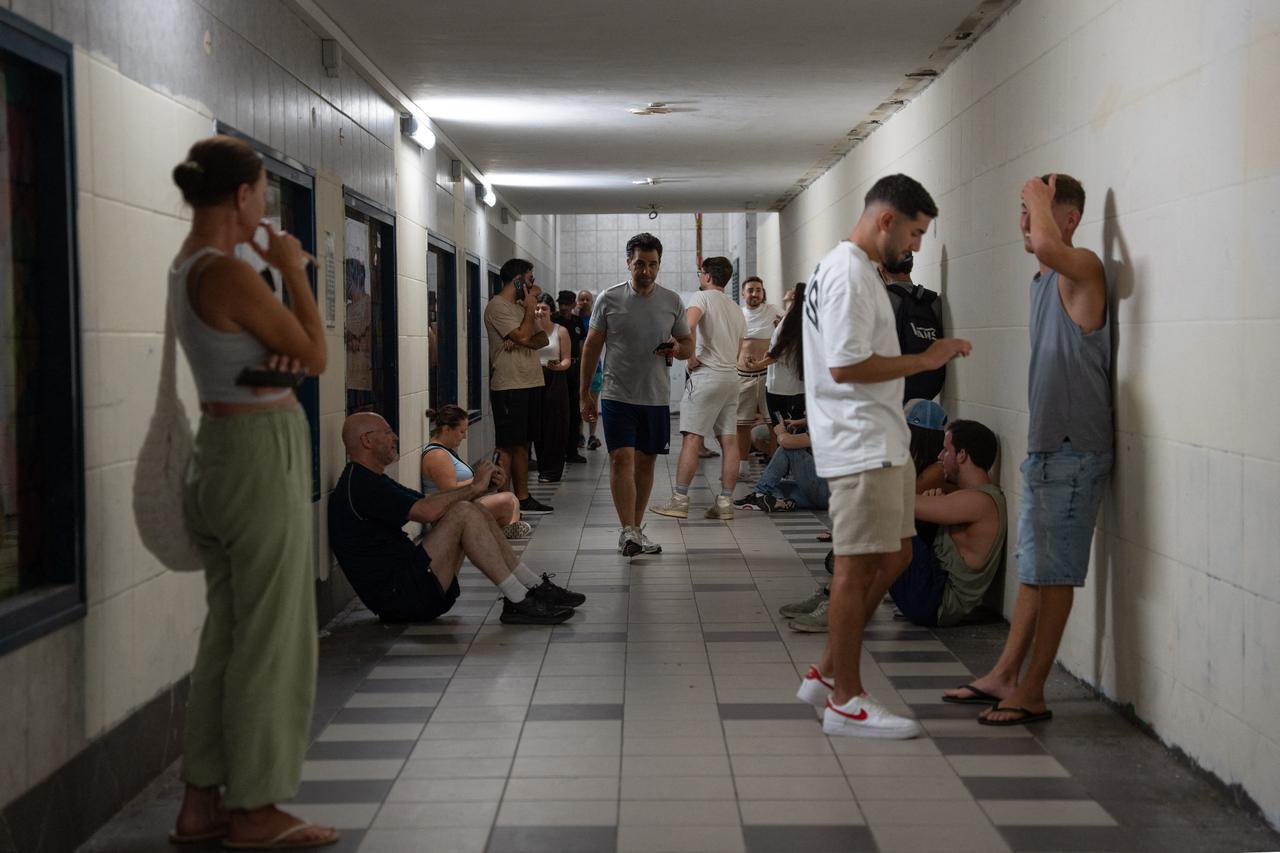
Russia’s weak support for Iran as the country’s leader Ali Khamenei fights for survival is seen as backstabbing by many experts.
Iran provided Russia with military support against Ukraine. After using Iran’s Shahed drones on the battlefield, Russia now manufactures its own Shahed drones under license. Therefore, the Iran-Israel war is not expected to affect Russia’s combat capabilities and may increase Russia’s income due to rising oil prices.
Russia so far pledged no concrete support for Iran except for symbolic condemnatory statements.
Speaking to New York Times, Nikita Smagin, an expert on Iran-Russia relations said, "Putin doesn’t want Iran to have nuclear weapons and also wants to keep improving relations with President Trump, who has called on Iran to make a deal on its nuclear program to end the attacks. Russia is also benefiting from a spike in oil prices since the attack began."
A Kremlin source talking to U.S.-based Bloomberg said that Moscow does not intend to offer any help to Tehran.
Iran’s ambassador to Russia, Kazem Jalali, tweeted Tuesday, “The Iranian people will never forget who stood with us during these times—and who chose to do nothing.” His tweet is seen as a message to unsupportive ‘quasi-allies,’ including Russia.
Russia stated on Tuesday that Israel's attacks on Iran's nuclear facilities are 'illegal,' pushing world toward 'nuclear catastrophe, consequences of which will be felt everywhere.'
“While Russia might be sympathetic to Iran, the extent of their relationship should not be overstated,” Baku-based Middle East specialist Ruslan Suleymanov told Al Jazeera.
In April, Russia ratified a strategic partnership with Iran to counter shared threats, but it does not establish a military alliance.
On January 17, 2025, Presidents Putin and Pezeshkian signed a 20‑year “Comprehensive Strategic Partnership” covering wide-ranging cooperation—economics, energy, nuclear, cybersecurity, intelligence, counterterrorism, and military coordination.

Russia said Tuesday it was ready to act as a peace broker between Israel and Iran, but that Israel was showing reluctance to accept outside mediation.
Israel began launching strikes across Iran on Friday, June 13, saying it aimed to prevent Tehran from acquiring a nuclear weapon — a charge Iran denies.
Iran has responded with retaliatory strikes on Israel.
"President Putin has said that Russia is ready to provide mediation services if necessary," Kremlin spokesman Dmitry Peskov told reporters in a daily briefing.

"At present, we see a reluctance, at least on the part of Israel, to resort to any mediation services or to embark on a peaceful path towards a settlement."
French President Emmanuel Macron said Sunday that Russia was not in a position to mediate given its full-scale offensive against Ukraine.
Israeli strikes on Iran have killed at least 224 people, including military commanders, nuclear scientists and civilians, Iran said Sunday. It has not issued an updated toll since then.
At least 24 people have been killed in Israel and hundreds wounded, according to Prime Minister Benjamin Netanyahu's office.
Russia has deepened its economic and military ties with Iran in recent years but has a close working relationship with Israel, positioning itself as a potential mediator.